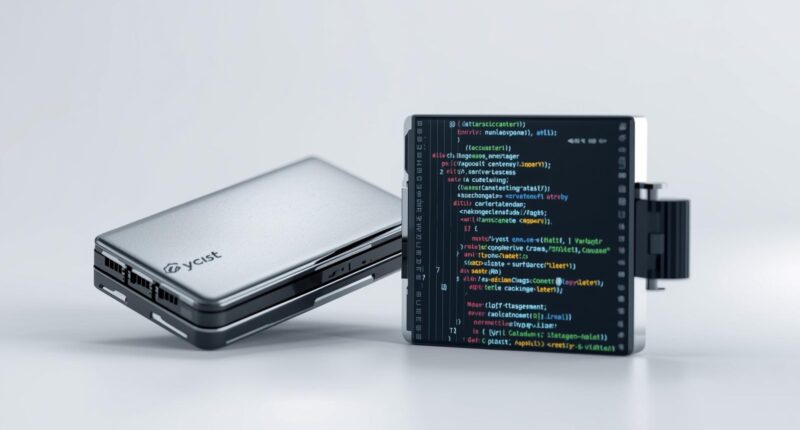Hardware vs Software Wallets: Which One to Choose?
When it comes to cryptocurrency storage, security is everything. Investors often debate the pros and cons of hardware vs software wallets: which one to choose? Both options offer unique advantages and risks, making it important to understand which wallet type best suits your needs.
Why the Debate on Hardware vs Software Wallets Matters
The choice of wallet impacts:
-
Security – Protecting your private keys is crucial.
-
Convenience – Easy access vs maximum protection.
-
Cost – Free apps vs paid hardware devices.
-
Long-term strategy – Traders may prefer one option, long-term holders another.
That’s why asking hardware vs software wallets: which one to choose? is essential for every crypto investor.
What Are Hardware Wallets?
Hardware wallets are physical devices that store private keys offline. Popular models include Ledger Nano X and Trezor.
Advantages of Hardware Wallets:
-
Highest level of security (cold storage)
-
Immune to online hacking attempts
-
Support for multiple cryptocurrencies
Disadvantages of Hardware Wallets:
-
Upfront cost ($60–$200)
-
Less convenient for daily trading
-
Risk of loss or damage to the device
What Are Software Wallets?
Software wallets are applications that run on desktops, mobile devices, or web browsers. Examples include Trust Wallet, MetaMask, and Coinbase Wallet.
Advantages of Software Wallets:
-
Free or low cost
-
Easy to set up and use
-
Convenient for frequent trading and DeFi use
Disadvantages of Software Wallets:
-
Vulnerable to hacking, phishing, or malware
-
Depend on device security
-
Not ideal for large, long-term holdings
Table: Hardware vs Software Wallets – Which One to Choose?
| Feature | Hardware Wallets (Cold Storage) | Software Wallets (Hot Storage) |
|---|---|---|
| Security | Very high, offline protection | Moderate, depends on device security |
| Convenience | Less convenient for daily use | Highly convenient, instant access |
| Cost | $60–$200 (one-time purchase) | Free or very low cost |
| Best For | Long-term investors, large holdings | Traders, beginners, DeFi participants |
| Risk | Loss/damage of device | Online hacks and phishing threats |
This comparison makes it easier to decide in the hardware vs software wallets: which one to choose? debate.
When to Choose a Hardware Wallet
A hardware wallet is best if:
-
You plan to hold crypto long-term.
-
You own a large amount of cryptocurrency.
-
Security is your top priority, even at the cost of convenience.
When to Choose a Software Wallet
A software wallet is best if:
-
You are a beginner exploring crypto.
-
You trade frequently or use DeFi/NFT platforms.
-
You want a free, easy-to-use solution.
Combining Hardware and Software Wallets
For many investors, the answer to hardware vs software wallets: which one to choose? is actually both.
-
Use a hardware wallet to store the majority of your funds securely.
-
Use a software wallet for small amounts, active trading, and DeFi transactions.
This hybrid approach balances security with convenience.
Risks to Keep in Mind
Regardless of wallet type, risks exist:
-
For hardware wallets: Losing your recovery seed phrase means losing access permanently.
-
For software wallets: Malware and phishing attacks can compromise funds.
Always back up your recovery phrase, enable two-factor authentication, and avoid storing private keys online.
Internal and External Resources
👉 For more crypto security tips, read:
Best Crypto Wallets for Storing Bitcoin and Altcoins
👉 For official guides, visit:
Ledger Official Website
Final Thoughts on Hardware vs Software Wallets: Which One to Choose?
The choice between hardware vs software wallets: which one to choose? depends on your investment goals.
-
Hardware wallets are ideal for long-term investors seeking maximum security.
-
Software wallets are best for beginners, frequent traders, and DeFi users.
For most investors, using both provides the right balance of convenience and protection. In 2025 and beyond, securing your crypto assets should always remain your top priority.









